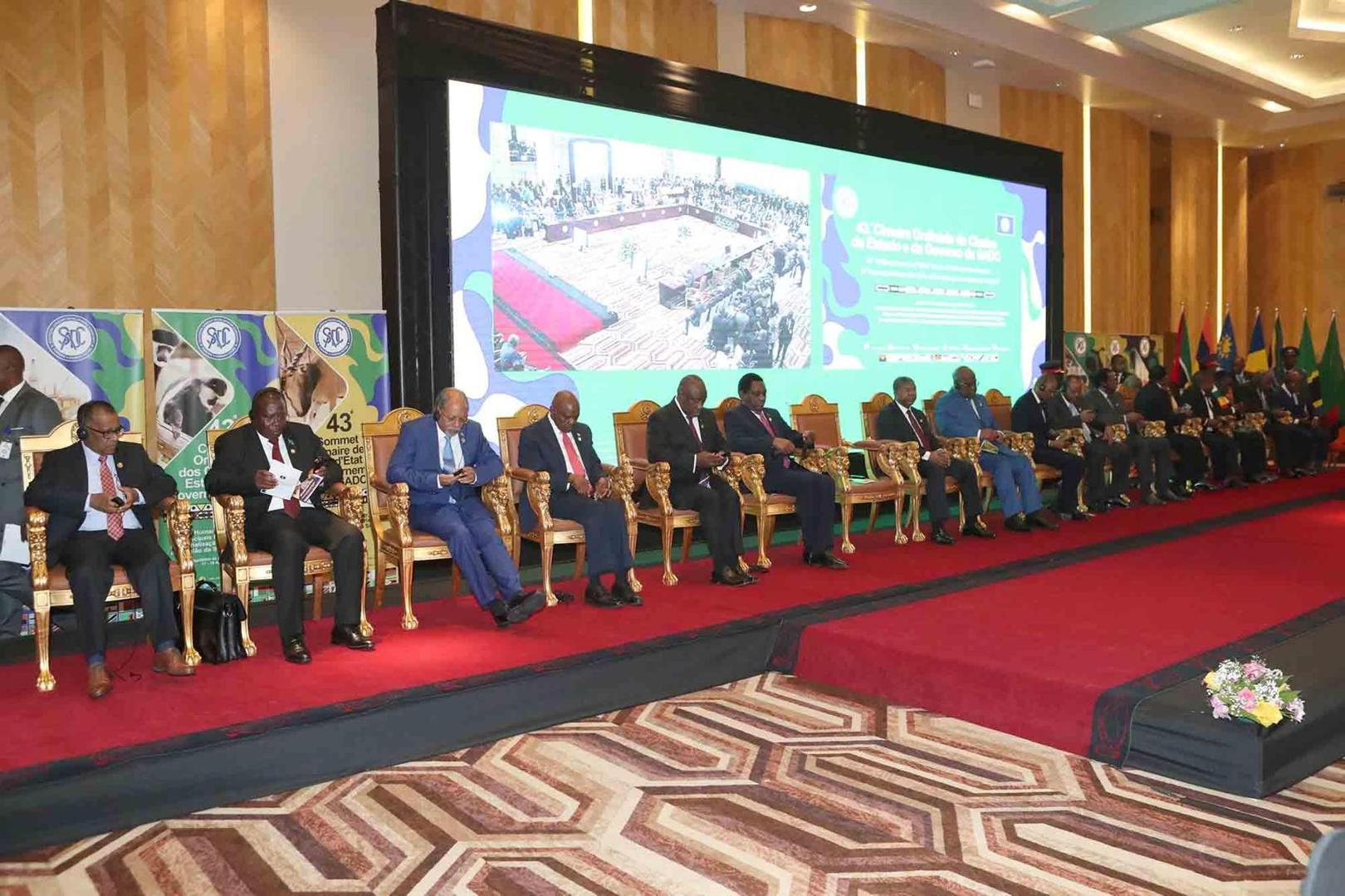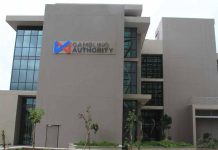Africa-Press – Botswana. The SADC region has been able to improve the food and nutrition security status, as reflected by the 2022/2023 regional vulnerability assessment analysis with some countries like Zimbabwe and Madagascar reducing the number of food insecure population by 72 and 23 per cent respectively.
Speaking during the 43rd Ordinary Summit of SADC Heads of States and Government, executive secretary, Mr Elias Magosi said the region was showing good resilience and making good strides in the area of food and nutrition security despite the global political, economic, and climatic challenges.
“The agricultural sector has grown from 6.9 per cent in 2019/2020 to 7.6 per cent in 2021/2022 and during the same period, SADC member states have secured access of their agricultural products to regional and international markets, contributing not only for food and nutrition security, but equally for economic growth, and reduction of poverty in our region,” he said.
With regard to the industrilaisation strategy, Mr Magosi said the region intened to limit import of finished products while reducing export of raw materials through promotion of industrialisation, enhancement of competitiveness and deepening regional integration through structural transformation, thus leading to increased manufactured goods and exports.
“As stated in Article 5 of the SADC Treaty, the objectives of SADC are to achieve development and economic growth, alleviate poverty, enhance the standard and quality of life of the people of Southern Africa and support the socially disadvantaged through Regional Integration,” he said.
To that effect, Mr Magosi said the region had a pipeline of 20 projects in the minerals beneficiation value chains ready for development and thereby increase value addition, job creation, and reduce poverty.
He thus pleaded with the International Cooperating Partners and the private sector to join hands with the SADC Secretariat in rolling out these projects and making a difference in the lives of the citizens in line with the objectives of SADC.
Additionally, He said the region was in its third year since the approval of the SADC Vision 2050 and the RISDP 2020-2030, which are the main strategic documents guiding the direction of SADC in terms of the key interventions and activities to undertake during the 10-year period.
He said there was need to fast-track integration industrialisation and ease access to markets in the region and beyond as well as address the bottlenecks.
Mr Magosi extended gratitude to the outgoing chairperson of SADC, Dr Félix Tshisekedi of the Democratic Republic of Congo, for his exemplary leadership and guidance during the year.
His leadership, he said, was instrumental to attaining the progress recorded by SADC during his tenure as SADC chairperson.
For More News And Analysis About Botswana Follow Africa-Press






